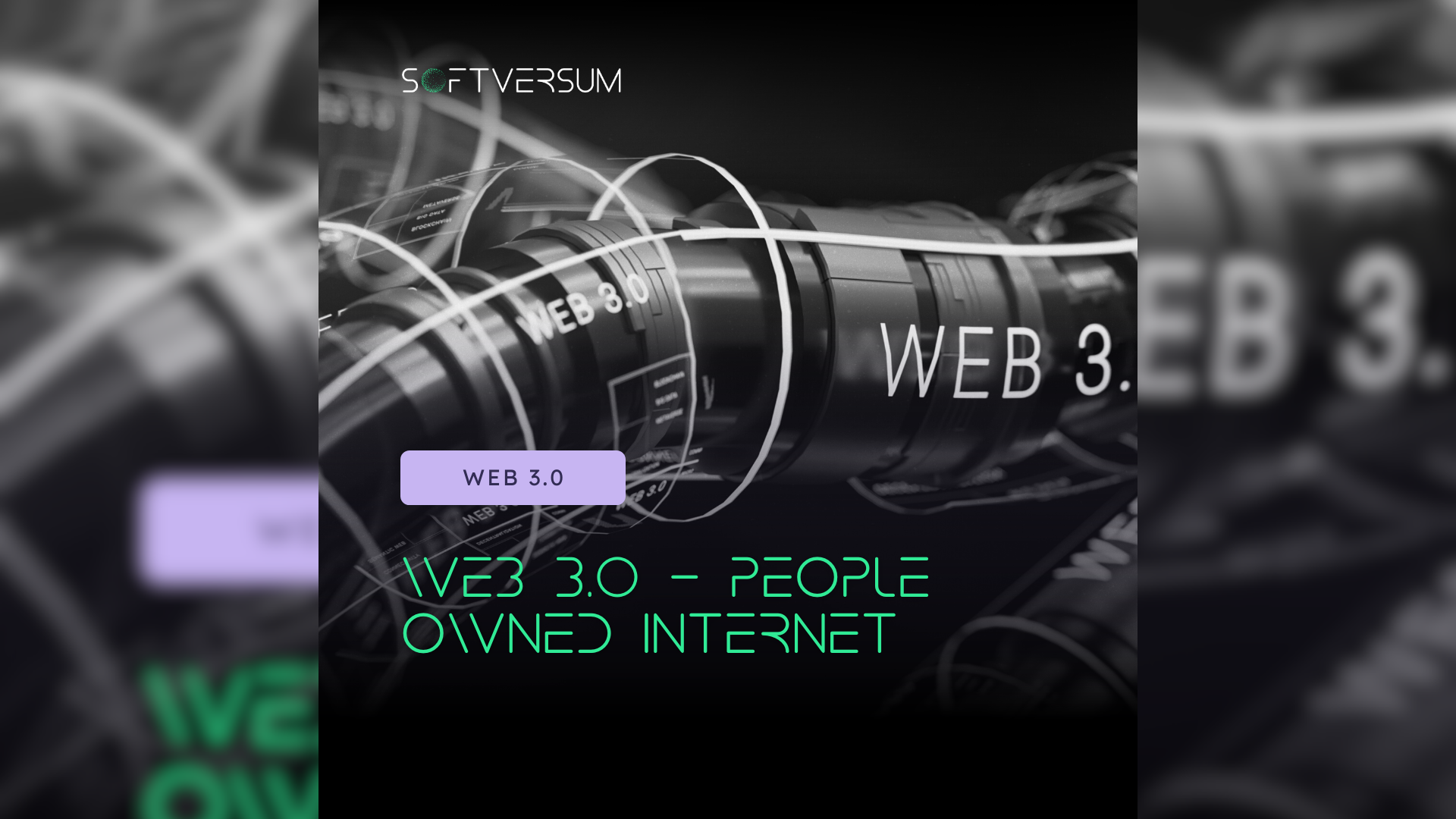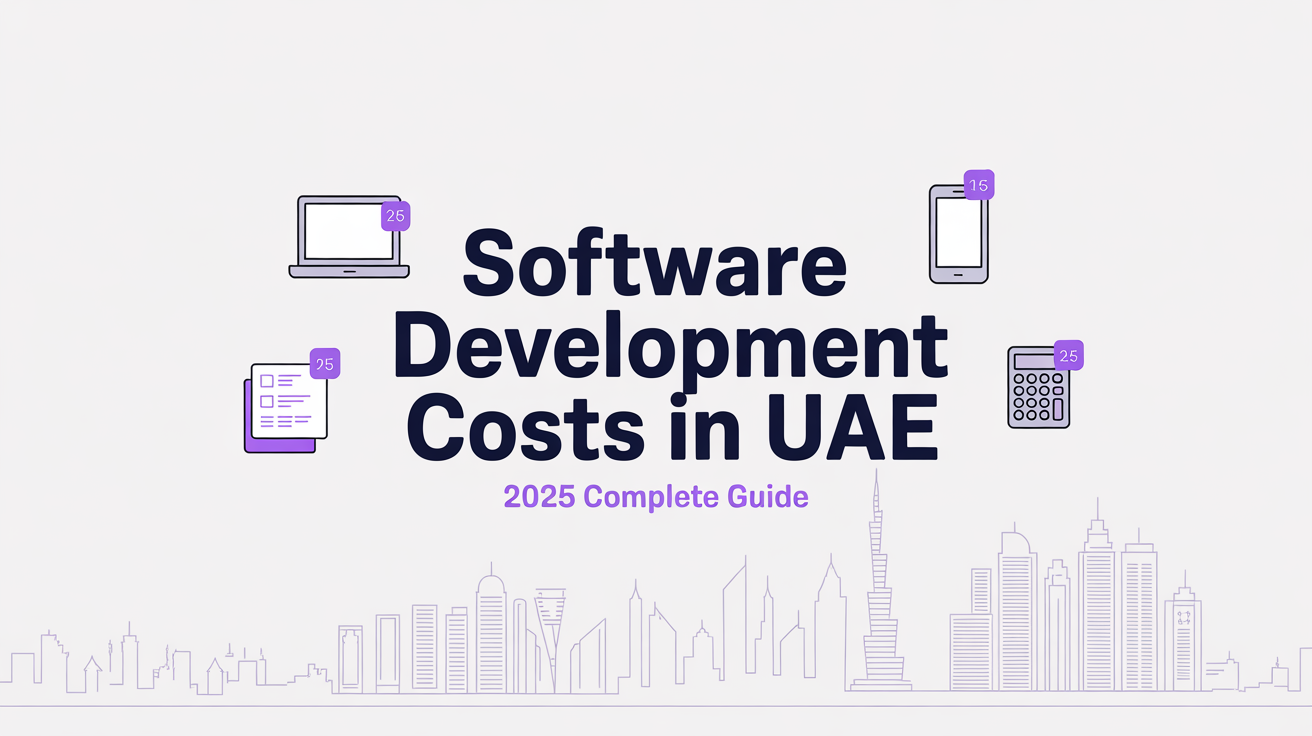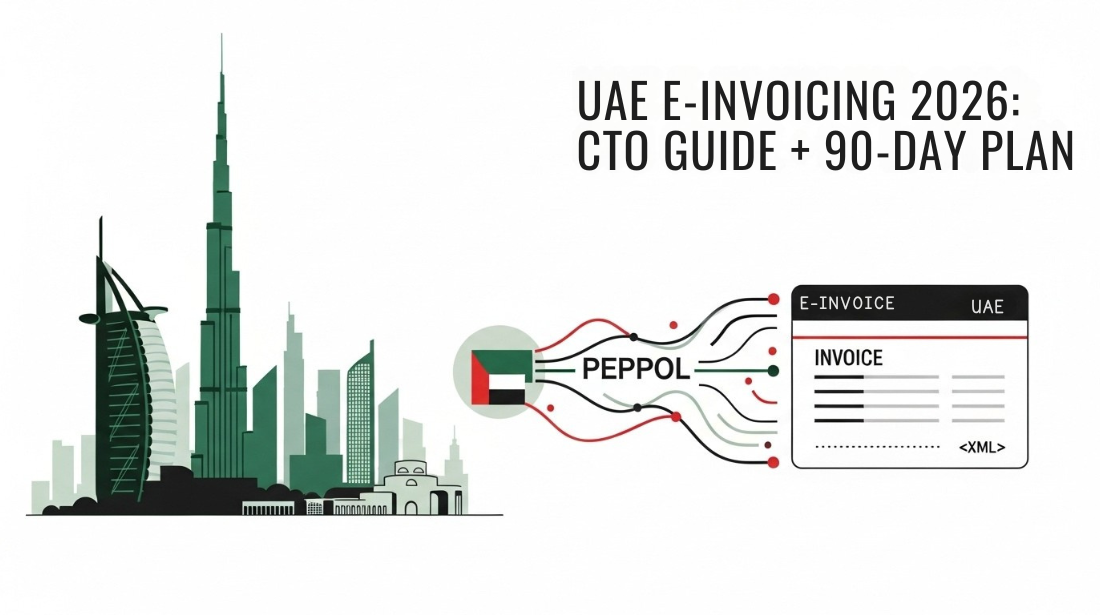
WEB 3.0-PEOPLE OWNED INTERNET
WHAT IS WEB 3.0, AND WHY SHOULD BUSINESS OWNERS START THINKING ABOUT IT AS SOON AS POSSIBLE
There are plenty of descriptions of Web 3.0, but the one that stands out is the ‘people-owned Internet. Web 3.0 is a new, decentralized version of the Internet. It utilizes machine learning, artificial intelligence, and semantic search tools to deliver a more user-friendly and faster experience.
Web 3.0 is built on the underlying layers of blockchain technology and edge computing, which mainly see internet users owning and managing the data. This latest iteration is also set to enable more direct and live interaction with websites and internet-connected intelligent machines (IoT). Many internet users have no understanding of how their data is being used and have very limited ability to earn any form of income from it. Furthermore, the current version of the Internet is viewed by many as a hotbed of misinformation, casting a burden on democracy and free speech.
Some of you may remember Web 1.0 in the 90s, the beginning of the new century when websites were static pages of text with little to no design. They mainly were walls of text broken up by the occasional image or dancing baby gif. Then gradually, the time of the social Web came, also known as Web 2.0. Web 2.0 is all about user-generated content, with other users leaving their comments and posts on existing websites and sharing the information they read on various social media platforms and blogs. The Web 2.0 period is also one in which mobile internet access has boomed, leading to content creation for consumers on the move and the growing app market.
What the future holds
Web 3.0 is about creating an internet that benefits every individual user who generates content, rather than just the platform owners wherethis content is being published. This is because that same user who produces the content is, or can quickly become, a co-owner of this platform. Larger businesses may no longer have complete control over the Internet. As a result, decentralized apps, also known as dApps, cannot be filtered or limited.
You will be able to personalize your online browsing experience significantly since Web 3.0 will indeed be able to recognize your preferences. This will also assist you in being more productive when surfing the Web. There’s also an idea that this could lead to better online security and increased privacy — the key issues plaguing Web 2.0. On the other hand, some critics believe that Web 3.0 is nothing more than a part of the cryptocurrency bubble, which is likely to burst in the next couple of years. Ultimately it’s down to who holds control, and there are undoubtedly benefits and disadvantages to his control being held centrally.
Web 3.0 is meant to be ubiquitous and semantic, all while emphasizing artificial intelligence, blockchain, and 3D graphic visuals. We have some early birds of web 3.0 Alexa and Siri. They use AI and semantic intent to try and help you accomplish whatever tasks you’re trying to do. Also, photo recognition is a perfect example of the semantic analysis of Web 3.0, where your technology is trying to make sense of the data (in the form of photos you’re taking) means and how you’ll want to organize and use that data later on.
How will Web 3.0 affect us — the users and the creators
There will be no difference between these two roles. Well, there will always be a need for highly skilled people and visionary minds. For example, data science and data analysis will take on a much more significant role than they are. As companies develop and perfect AI models, they’ll need more and more people with these skill sets.
Additionally, web development and software engineering language capabilities will have to reflect this need for data and enhanced AI. We’re currently facing a growing trend in languages like Python, which can be used for general development, data analysis, and data science. Anyone who understands blockchain technologies will also be in greater demand as Web 3.0 comes into its own as blockchain technology (which allows people to see Bitcoin transfers openly and instantly). It will also be applied in new and exciting ways in other industries.
Web 3.0 is a game-changer for businesses and entrepreneurs. Web 3.0 will allow companies to understand their customers better, manage their data, and improve their products and services. Web 3.0 will make it easier for entrepreneurs to raise funds, acquire customers, and research their markets. With the right approach, businesses and entrepreneurs can capitalize on this new technology and stay ahead of the competition.
Written by
Vladimir Vasilev Velidolski
IT Business Development Executive



